At consulates like the one in Vancouver, the system is already rife with problems and staff reductions won't help, says immigration consultant Jennie McCahill
Published Oct 17, 2024 • 5 minute read
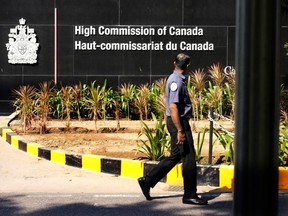
An already backlogged and opaque immigration and visa system can only get worse now that Canada and India are expelling diplomats in a dispute over the killing of a Sikh separatist last year, experts say.
“The loss of staff is going to increase processing times without a doubt,” said Jennie McCahill, a registered immigration consultant with Coal Harbour Law in Vancouver. “It is inevitable that the expulsion of the (acting) high commissioner of Canada in New Delhi, Stewart Ross Wheeler, is going to cause chaos and upheaval.”
Advertisement 2
THIS CONTENT IS RESERVED FOR SUBSCRIBERS ONLY
Subscribe now to read the latest news in your city and across Canada.
- Unlimited online access to articles from across Canada with one account.
- Get exclusive access to the Vancouver Sun ePaper, an electronic replica of the print edition that you can share, download and comment on.
- Enjoy insights and behind-the-scenes analysis from our award-winning journalists.
- Support local journalists and the next generation of journalists.
- Daily puzzles including the New York Times Crossword.
SUBSCRIBE TO UNLOCK MORE ARTICLES
Subscribe now to read the latest news in your city and across Canada.
- Unlimited online access to articles from across Canada with one account.
- Get exclusive access to the Vancouver Sun ePaper, an electronic replica of the print edition that you can share, download and comment on.
- Enjoy insights and behind-the-scenes analysis from our award-winning journalists.
- Support local journalists and the next generation of journalists.
- Daily puzzles including the New York Times Crossword.
REGISTER / SIGN IN TO UNLOCK MORE ARTICLES
Create an account or sign in to continue with your reading experience.
- Access articles from across Canada with one account.
- Share your thoughts and join the conversation in the comments.
- Enjoy additional articles per month.
- Get email updates from your favourite authors.
THIS ARTICLE IS FREE TO READ REGISTER TO UNLOCK.
Create an account or sign in to continue with your reading experience.
- Access articles from across Canada with one account
- Share your thoughts and join the conversation in the comments
- Enjoy additional articles per month
- Get email updates from your favourite authors
Sign In or Create an Account
or
Article content
But the diplomatic dispute comes as Canada was cutting back on study permits for international students.
“There has already been a sizable reduction in applications from Indian nationals to enter Canada” since reductions were announced in January, said McCahill.
She said immigration experts think the main target of the changes was the Indian student population, a group often exploited by Canada’s murky international school system. McCahill points out there has recently been a “massive increase” in refugee claims by students on arrival in Canada or after completing their studies.
The U.S. Justice Department, meanwhile, announced criminal charges Thursday against an Indian government employee in connection with a foiled plot to kill a Sikh separatist leader living in New York.
Vikash Yadav, 39, faces murder-for-hire charges in a planned killing that prosecutors first disclosed last year and have said was meant to precede a string of other politically motivated murders in the U.S. and Canada.
Yadav remains at large, but in adding him to the indictment and releasing his name, the Biden administration sought to publicly call out the Indian government for criminal activity that has emerged as a significant point of tension between India and the West over the last year — culminating this week with the diplomatic flare-up with Canada and the expulsion of diplomats.
By signing up you consent to receive the above newsletter from Postmedia Network Inc.
Article content
Advertisement 3
Article content
In Vancouver, Shivaji Mukherjee, an associate professor of political science at Simon Fraser University, said the reduction in international students is likely already hitting the finances of Canadian colleges and universities, and the diplomatic row can only make things worse.
“I know some Indian origin students here at SFU who were mentioning they know people from India/Punjab who are being turned back and not getting entry,” said Mukherjee. “If the situation continues, then we can probably expect continued reduction in visas for Indian students, which is not necessarily good for the Indian or Canadian economy.”
Mukherjee said the diplomatic tensions — which first led to a mutual expulsion of diplomats a year ago after Canada accused India of orchestrating the murder of Sikh nationalist Hardeep Singh Nijjar in Surrey — run counter to Canadian foreign policy that had pivoted toward India in recent years.
Mukherjee attributes the latest tensions to a right-wing Indian government taking a hard line against the Sikh insurgency, while Canadian politicians have tried to court “Sikhs as an ethnic minority community which has a large cultural and electoral impact.”
Advertisement 4
Article content
McCahill said last fall’s consular expulsions led to staff reductions at Immigration, Refugees and Citizenship Canada (IRCC) offices in India from 29 officials to just five — though visa and work permit applications can be processed online by staff in other countries.
As for applications in consulates like the one in Vancouver, McCahill said the system is already rife with problems and staff reductions won’t help.
“There is a huge amount of rogue representatives in India and Canada that hold themselves out as a licensed immigration professional,” said McCahill. “It is a big problem. Many unaware, innocent individuals will pay large sums of money to these bad actors who have absolutely no standing or legal authority to submit the applications on behalf of their clients.”
The blame for any misrepresentation falls not on the “bad actors,” McCahill said, but on applicants, who can then be slapped with a five-year ban on applying to enter Canada.
As these problems persist, backlogs at visa offices are lengthy and the situation is “pretty dire,” McCahill said — though getting up-to-date data from the IRCC is difficult and its reported service standards are rarely met for internationals.
Advertisement 5
Article content
“Over the past few months, we have seen a massive increase in Indian visitor, work and study permit refusals, and an increase in processing times outside the norm.”
The most common IRCC reasons for refusals are not believing the applicant will return home at the end of the authorized stay, and that they didn’t prove they have enough money to get by in Canada through bank statements and income tax returns.
What’s interesting is that national security concerns aren’t a common cause of visa refusals, said McCahill.
“I cannot think of a single case where I have seen a refusal of an Indian application under security grounds,” she said.
McCahill said Indian nationals do have to declare whether they have been charged with a crime outside Canada, been a member of a military unit or militia, or belonged to a political party that advocates for or engages in violence. How carefully those declarations are backchecked, however, is anyone’s guess.
“How vigorous the vetting is at this stage is unknown to anyone outside of the visa office,” said McCahill. “India does not have a cohesive and reliable police database, and with the abundance of identity ambiguity, it is definitely harder for immigration officials to fully vet applicants in a way they can from other countries.”
Advertisement 6
Article content
It’s more common, said McCahill, for an Indian national already working or studying in Canada to get refused for an extension after being flagged by the RCMP over security concerns.
Recommended from Editorial
-

South Asian business owners have paid millions to extortionists: Kash Heed
-

Trade effects of diplomatic tiff with India should be minimal: Business leaders
Bookmark our website and support our journalism: Don’t miss the news you need to know — add VancouverSun.com and TheProvince.com to your bookmarks and sign up for our newsletters here.
You can also support our journalism by becoming a digital subscriber: For just $14 a month, you can get unlimited access to The Vancouver Sun, The Province, National Post and 13 other Canadian news sites. Support us by subscribing today: The Vancouver Sun | The Province.
Article content
.png)
 4 hours ago
8
4 hours ago
8




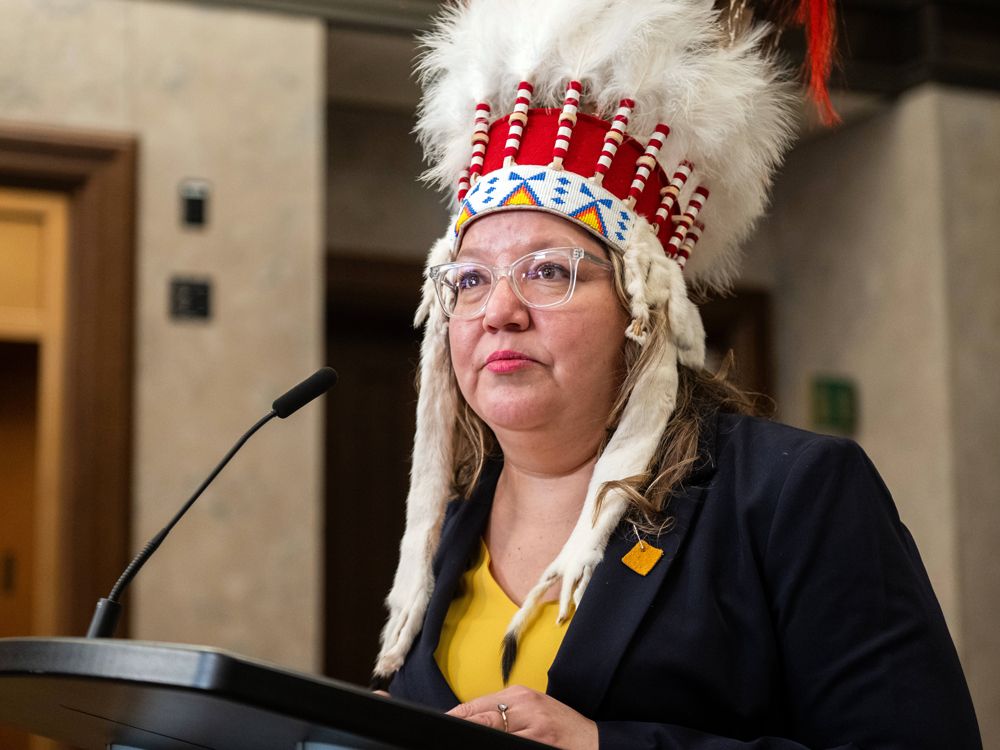
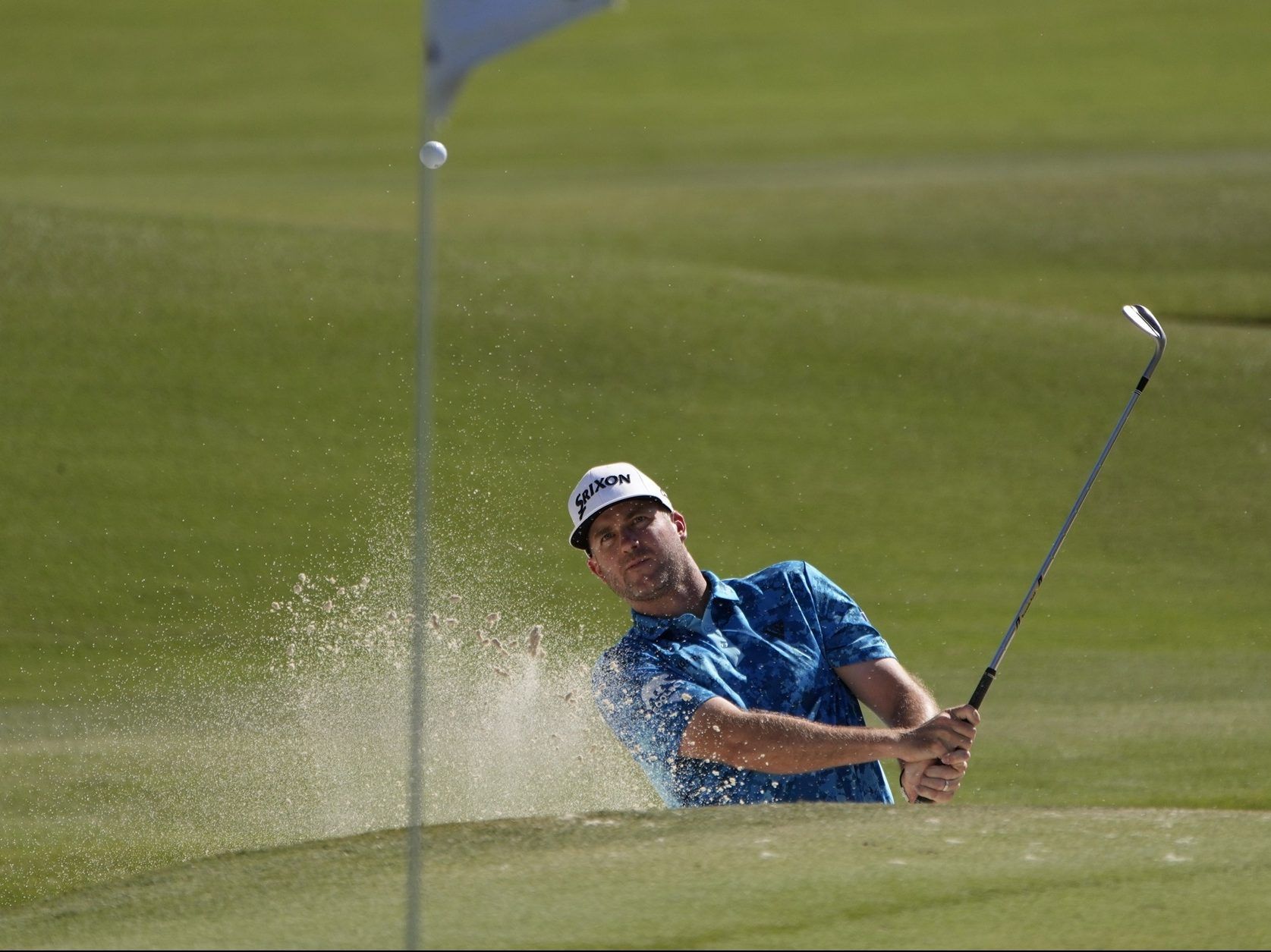

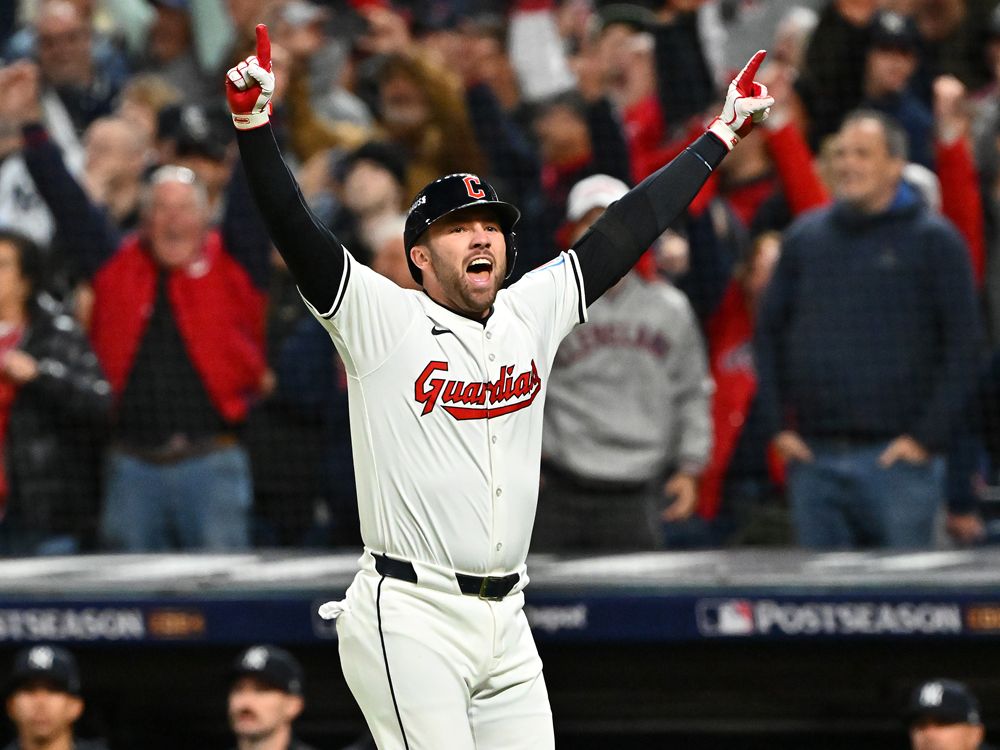
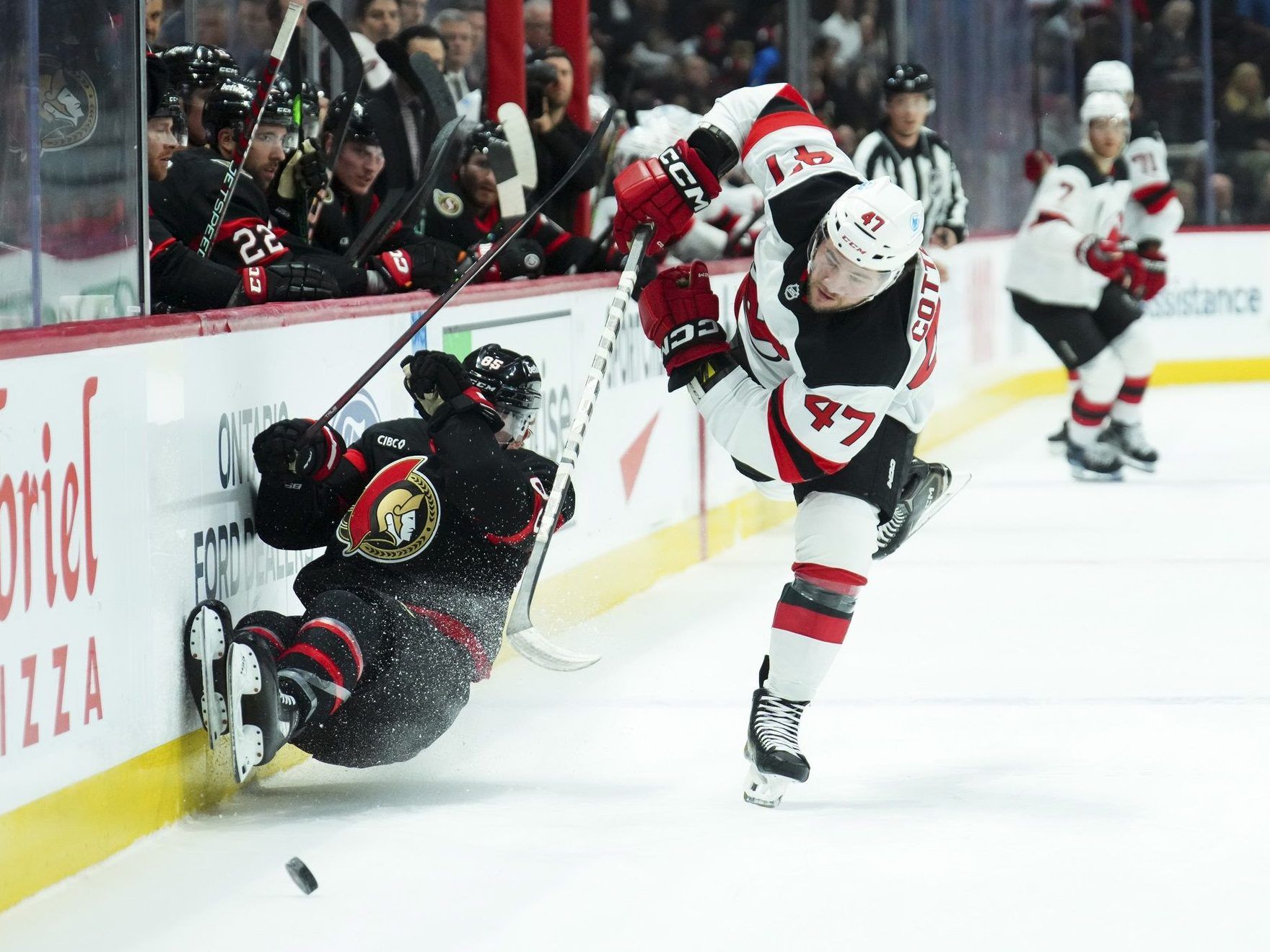
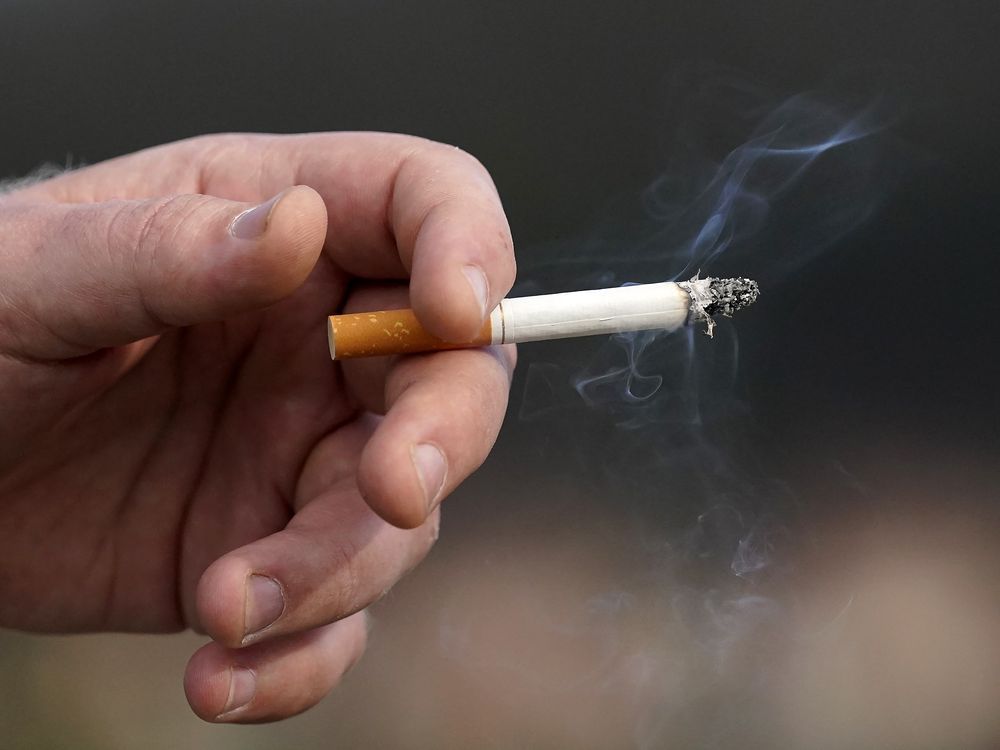
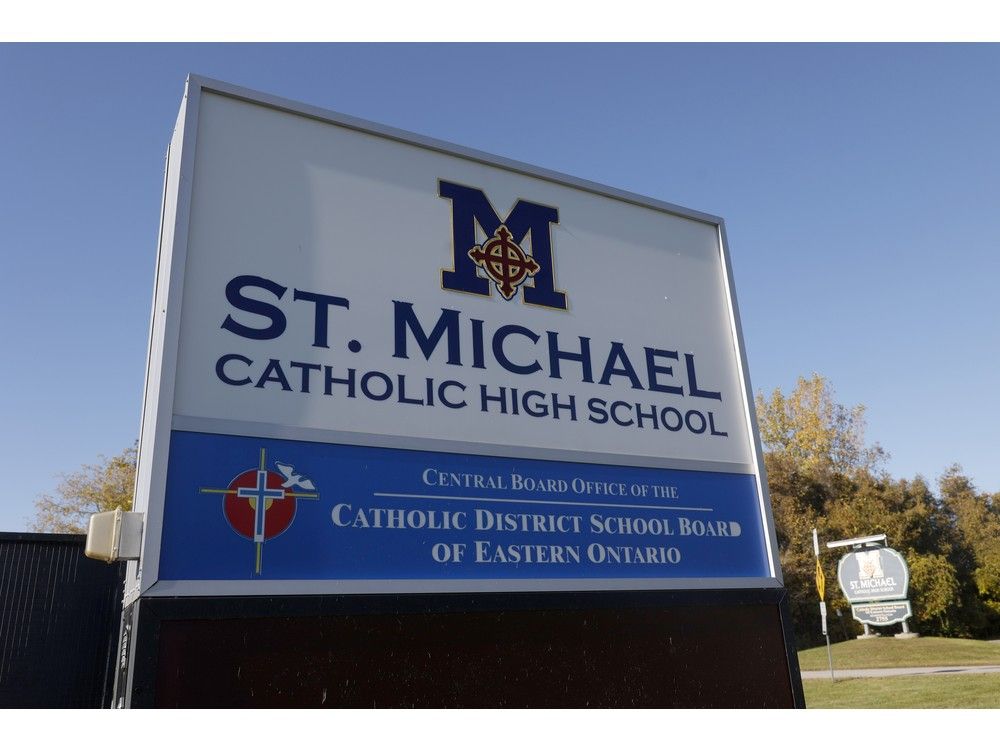
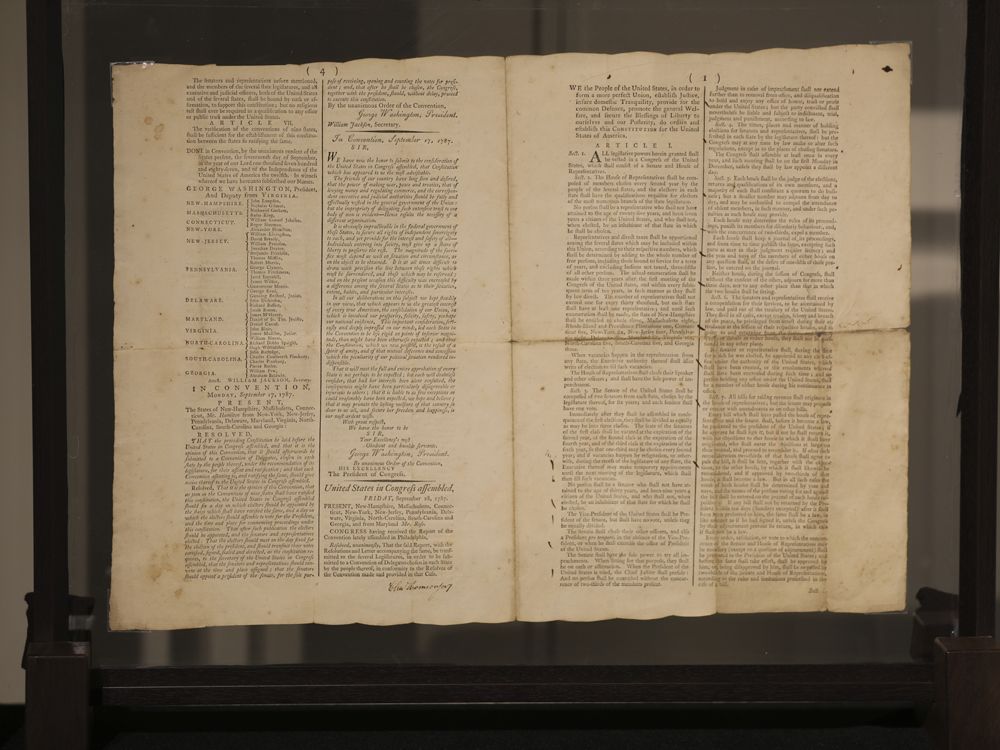
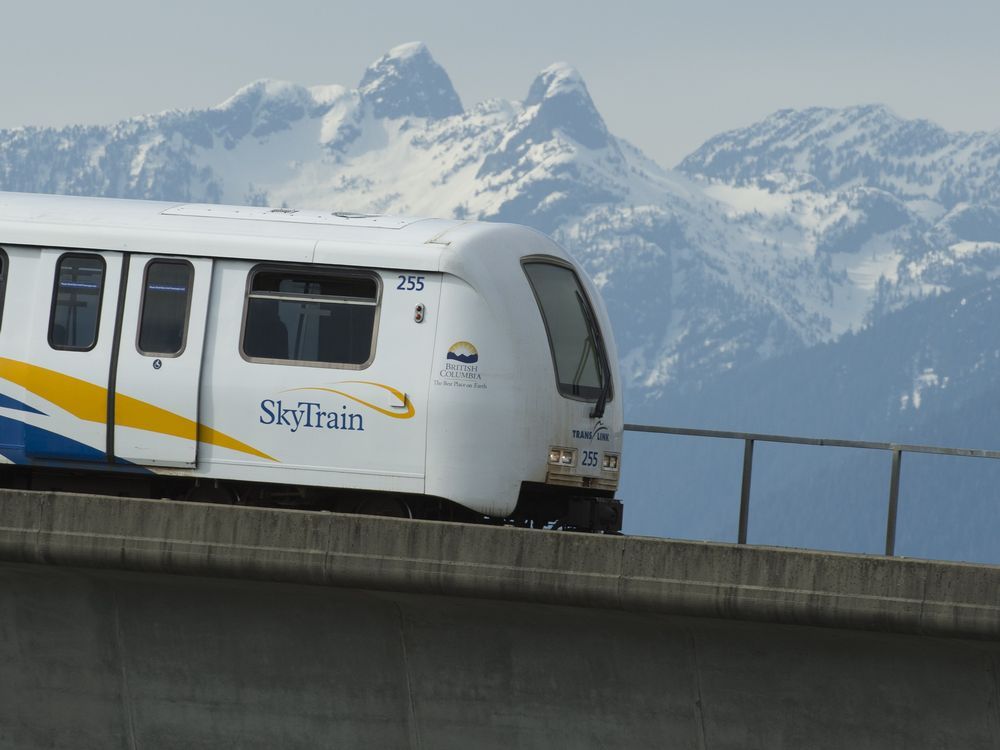













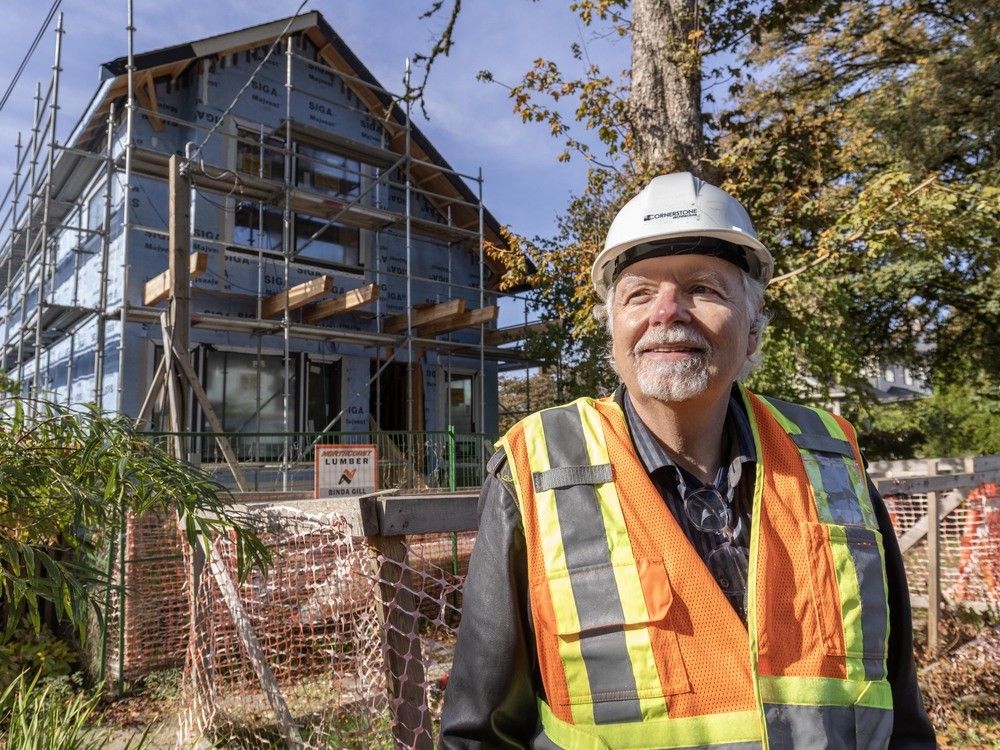
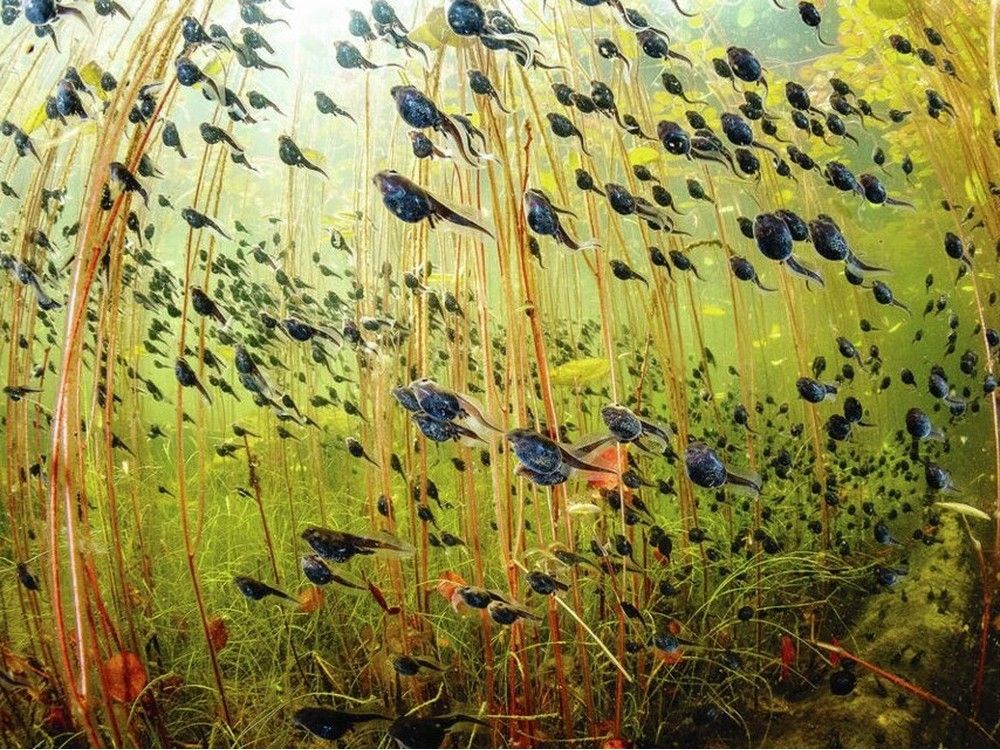
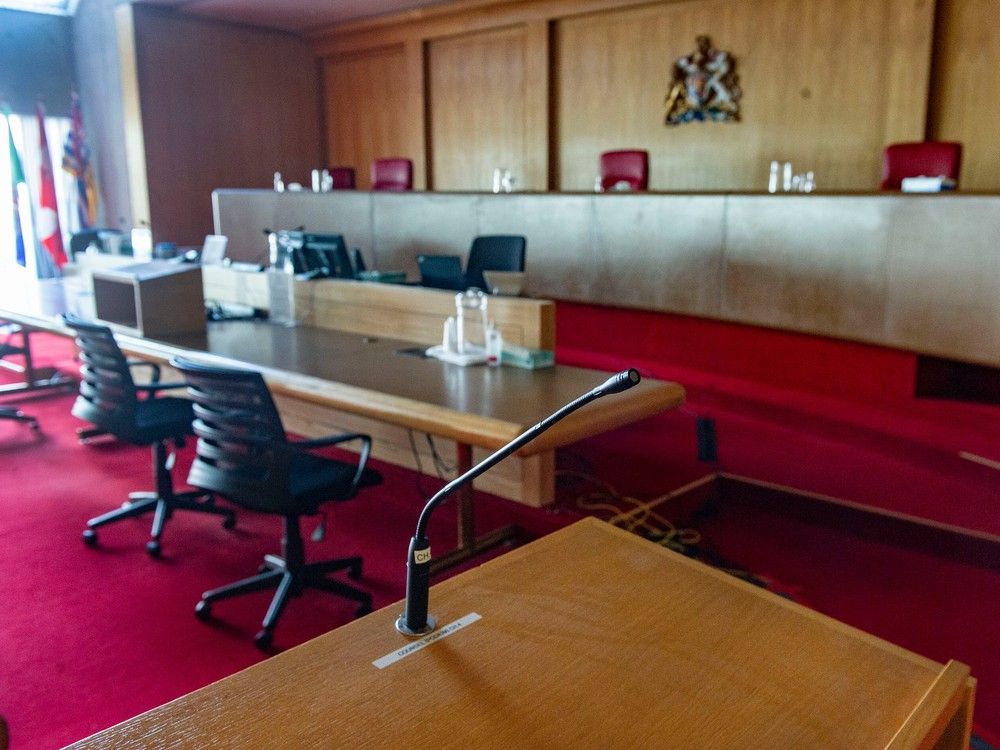
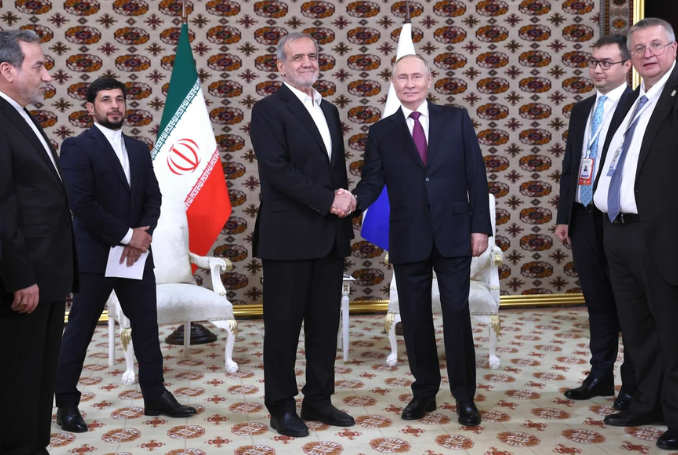
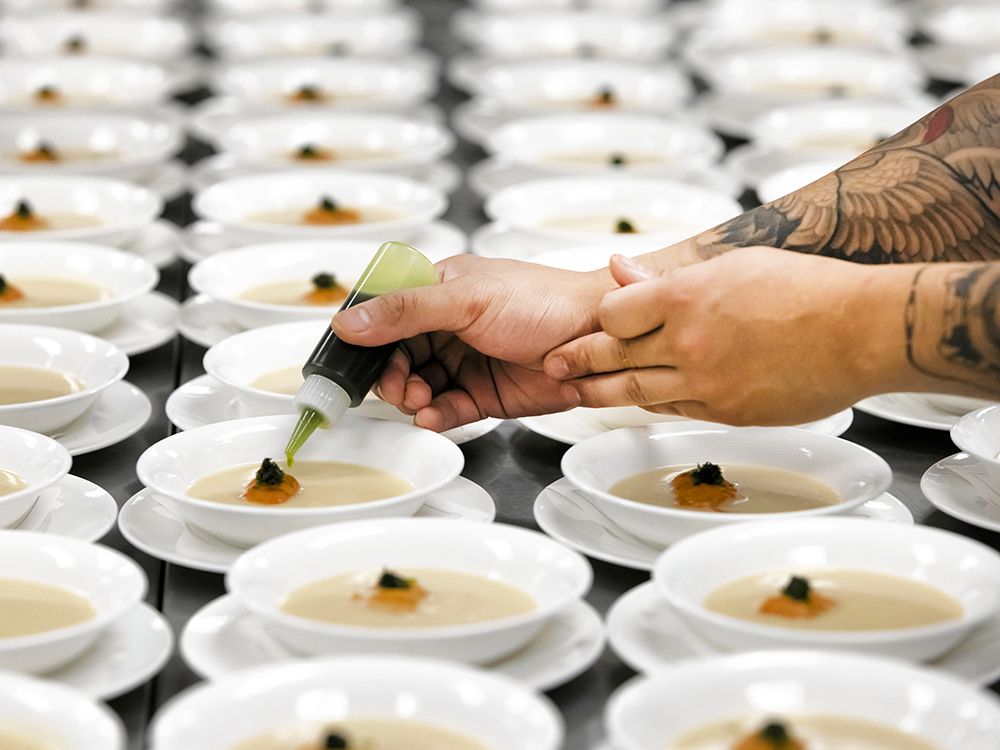
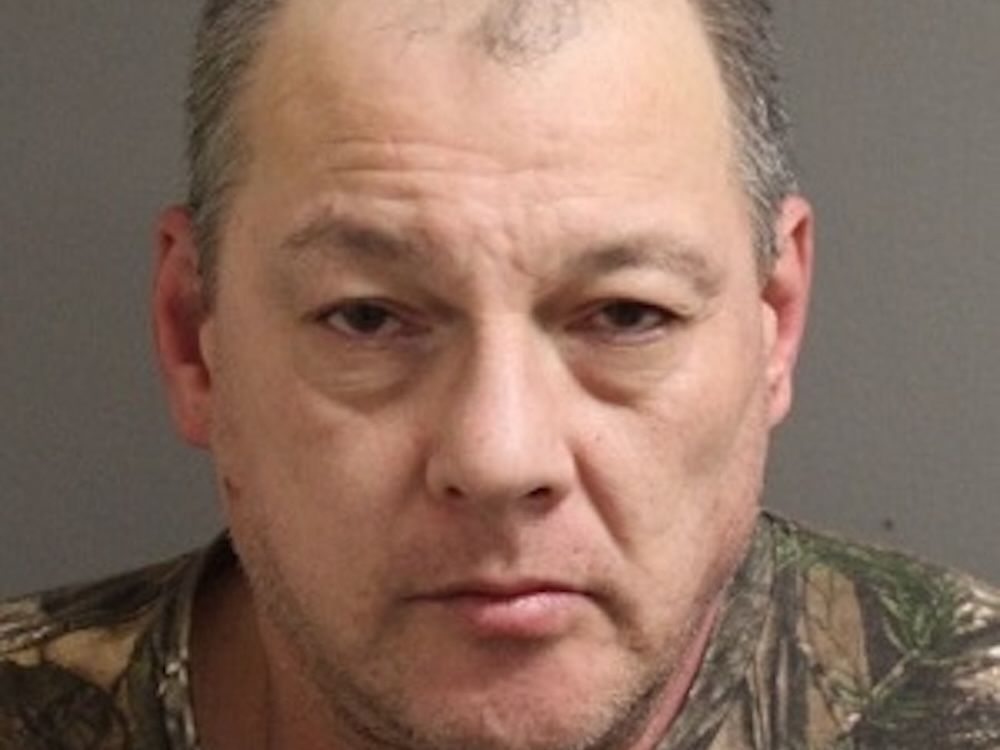

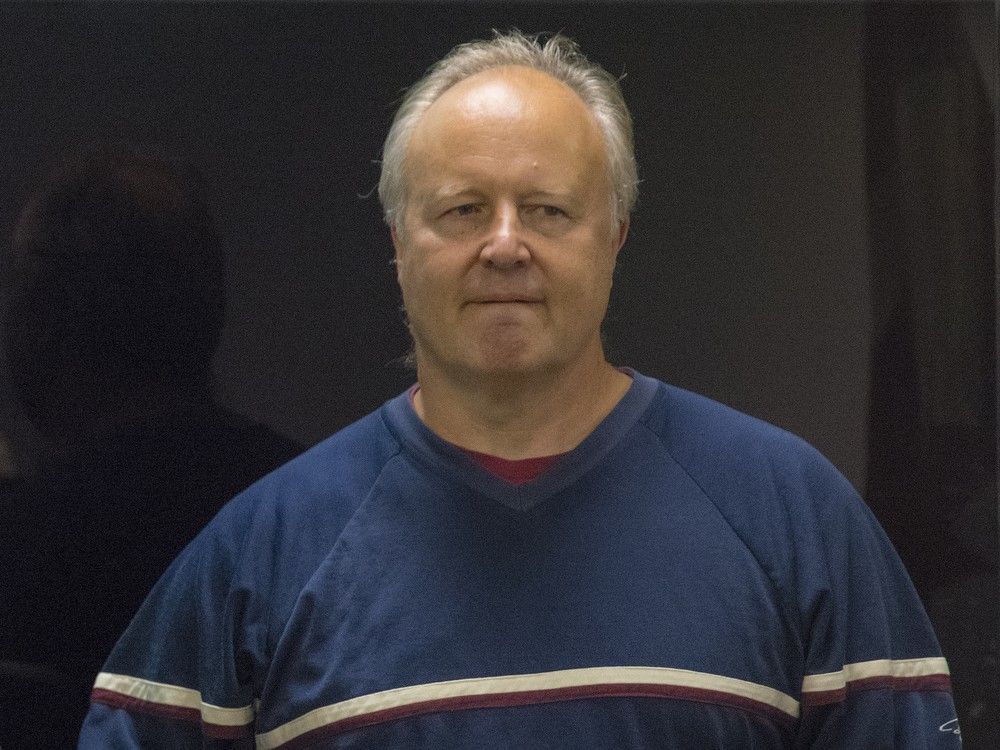


 Bengali (BD) ·
Bengali (BD) ·  English (US) ·
English (US) ·